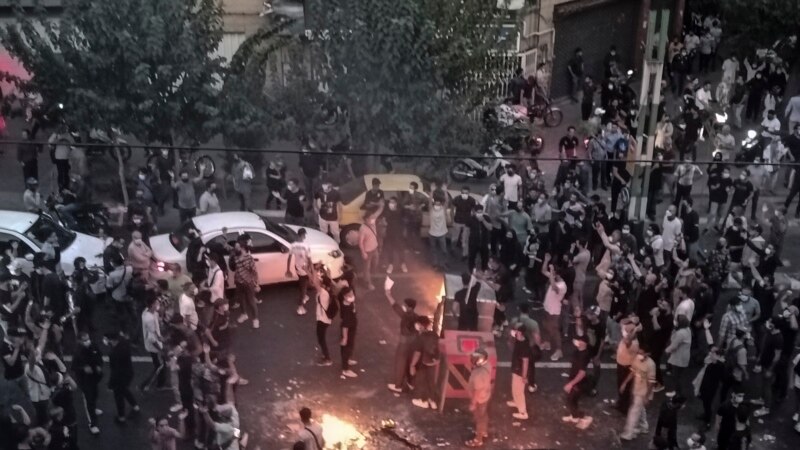Iran has turned its prisons into sites of mass killings, with at least 853 people executed in the Islamic Republic in 2023, more than half of them on drug-related charges, Amnesty International said on Thursday.
The London-based organization said in a report that stronger international action was needed to stem the rise in executions or “thousands” of people would risk being hanged in the coming years.
Amnesty International said Iranian authorities “went on a state-sanctioned killing spree, turning prisons into killing fields”.
Amnesty International said the number of executions in 2023 increased by 48% compared with the previous year, with 56% of executions involving drug-related charges.
Two other NGOs, Iran Human Rights (IHR) and Collective Against the Death Penalty (ECPM), issued a report last month giving a slightly lower number of executions in 2023 at 834.
The number of executions surged after Iran was rocked by protests that broke out in September 2022. Nine people have been executed in cases related to the protests.
Human rights groups such as Amnesty International have warned that authorities are using executions to instill fear in society and prevent further demonstrations.
Amnesty International said Iran’s behavior has not changed this year, with at least 95 people executed as of March 20.
The rights group added that its figures were “minimum numbers” and that the actual death toll would be higher.
“Without a strong global response, Amnesty International fears that the Iranian authorities will continue to use the death penalty as a tool of repression and execute thousands of people in the coming years,” the organization said in the report.
Those executed included Hamidreza Azari, 17, who was convicted of a stabbing in 2023 when he was 16 and hanged in Razavi Khorasan province in November die.
Amnesty International said state media had “distorted” his age as 18 to “evade responsibility”, adding that it had reviewed his birth certificate.
Amnesty International said the Sunni Baloch minority, concentrated in the southeast, was disproportionately targeted.
The report states that this minority “makes up only about 5% of Iran’s population but accounted for 20% of total executions in 2023.”
Amnesty International said a renewed surge in executions for drug offenses was particularly worrying.
Iran’s anti-drug legislation was revised in 2017, and the number of executions for drug crimes fell in 2018 and 2020 before rebounding sharply last year.
Diana Eltahawy, Amnesty International’s deputy regional director for the Middle East and North, said: “The death penalty is abhorrent under any circumstances, but after a grossly unfair trial at the Revolutionary Tribunal, the drug The large-scale use of the death penalty for related crimes is a ridiculous abuse of power.” Africa.
Follow us on Google news ,Twitter , and Join Whatsapp Group of thelocalreport.in
